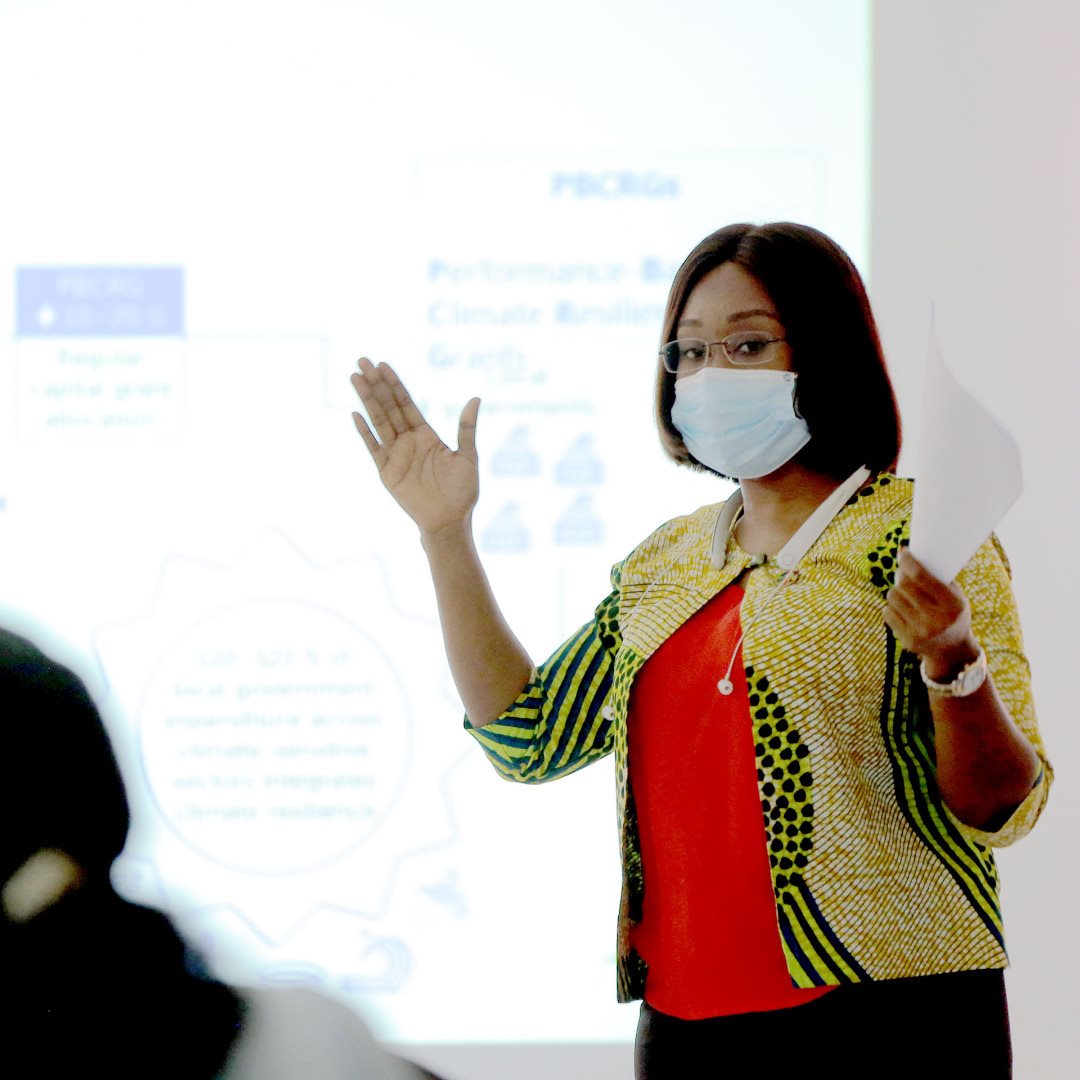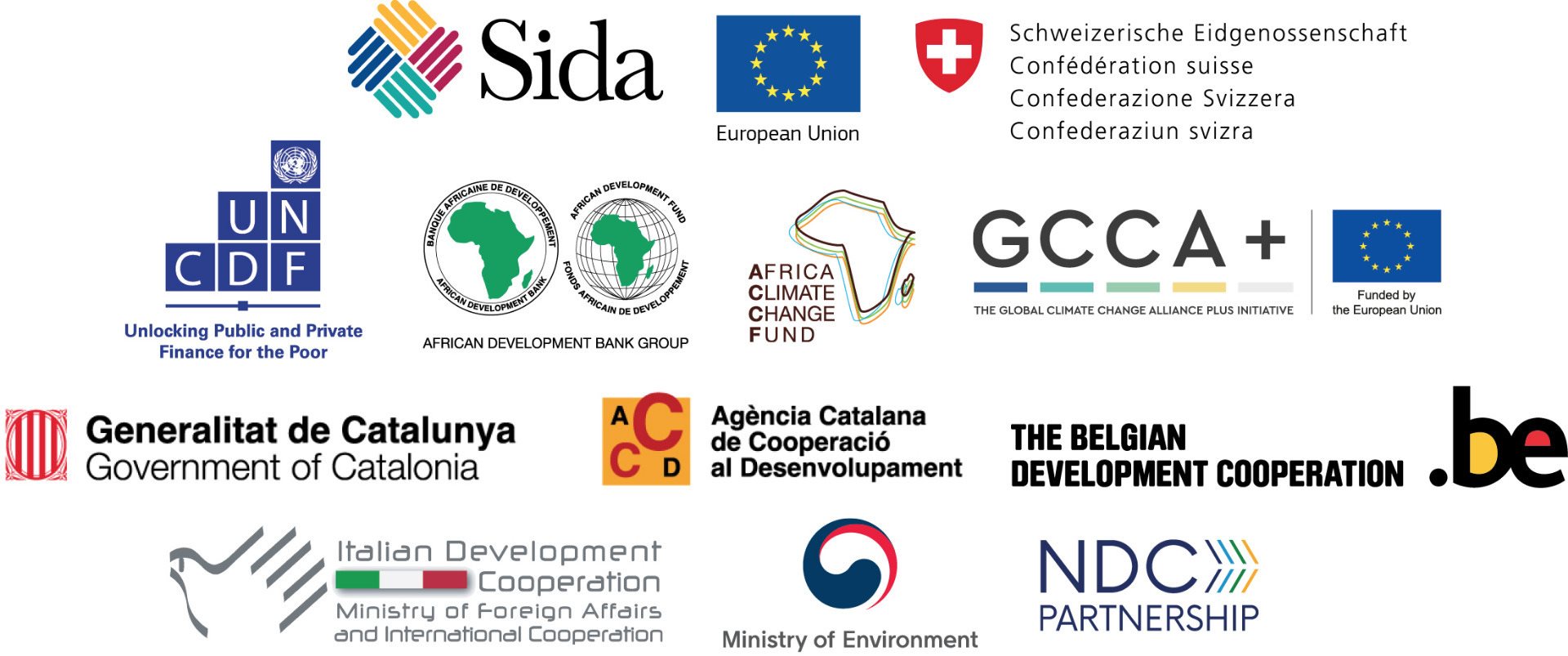National Response
In 2013, Ghana launched its National Climate Change Policy, which includes the three objectives of effective adaptation, social development and mitigation. Four thematic areas have been identified to address adaptation issues in Ghana: energy and infrastructure, natural resource management, agriculture and food security, and disaster preparedness and response. As highlighted in the National Climate Change Policy, the Ministry of Local Government, Decentralization and Rural Development, which aims to ensure good governance and equitable development of MMDAs, plays an important role in ensuring climate change is mainstreamed at the local level. Ghana’s intended nationally determined contributions include 11 adaptation programmes of action in priority economic sectors for implementation over 2020–2030 – notably, sustainable land use including food security; climate-proof infrastructure; and equitable social development.
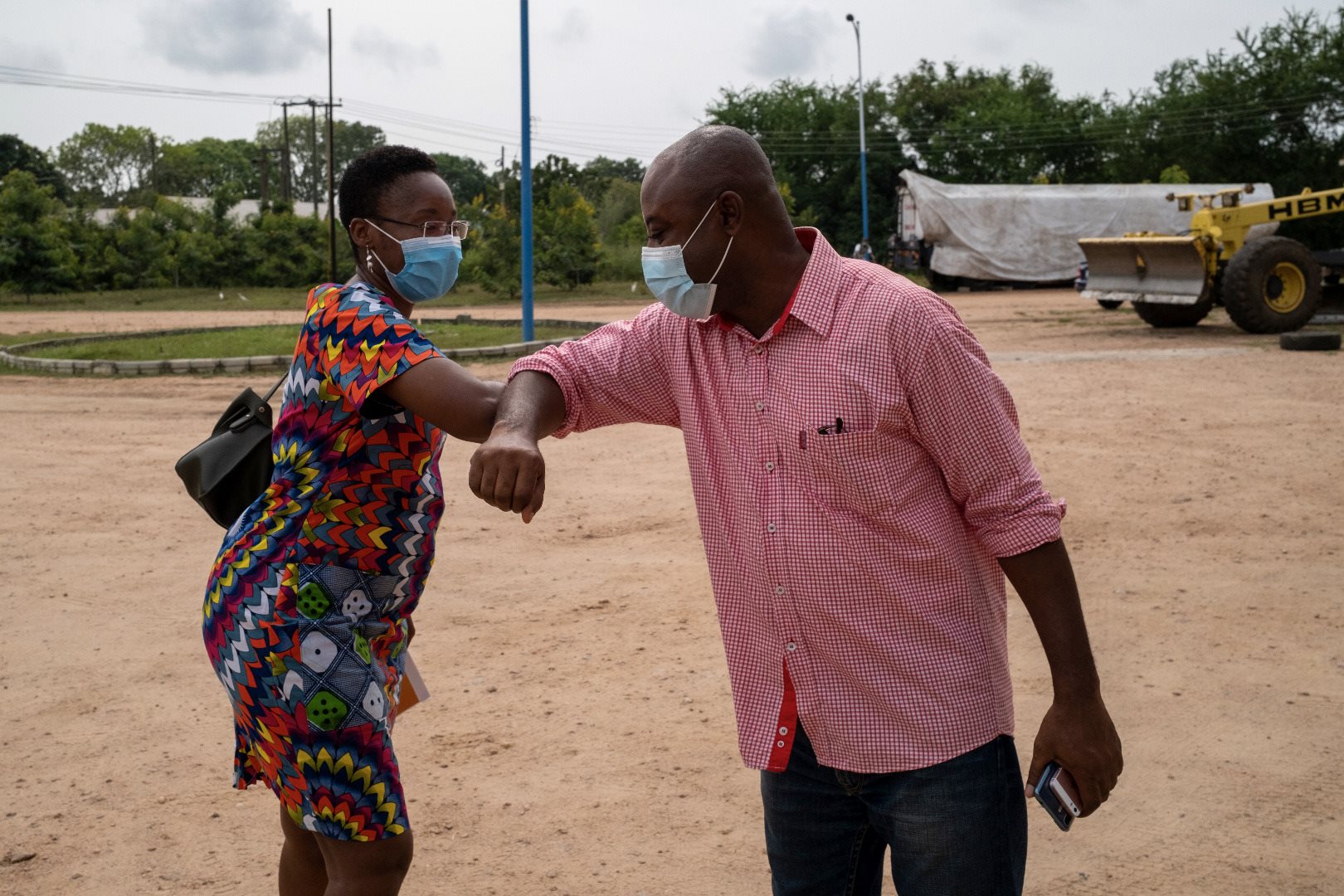










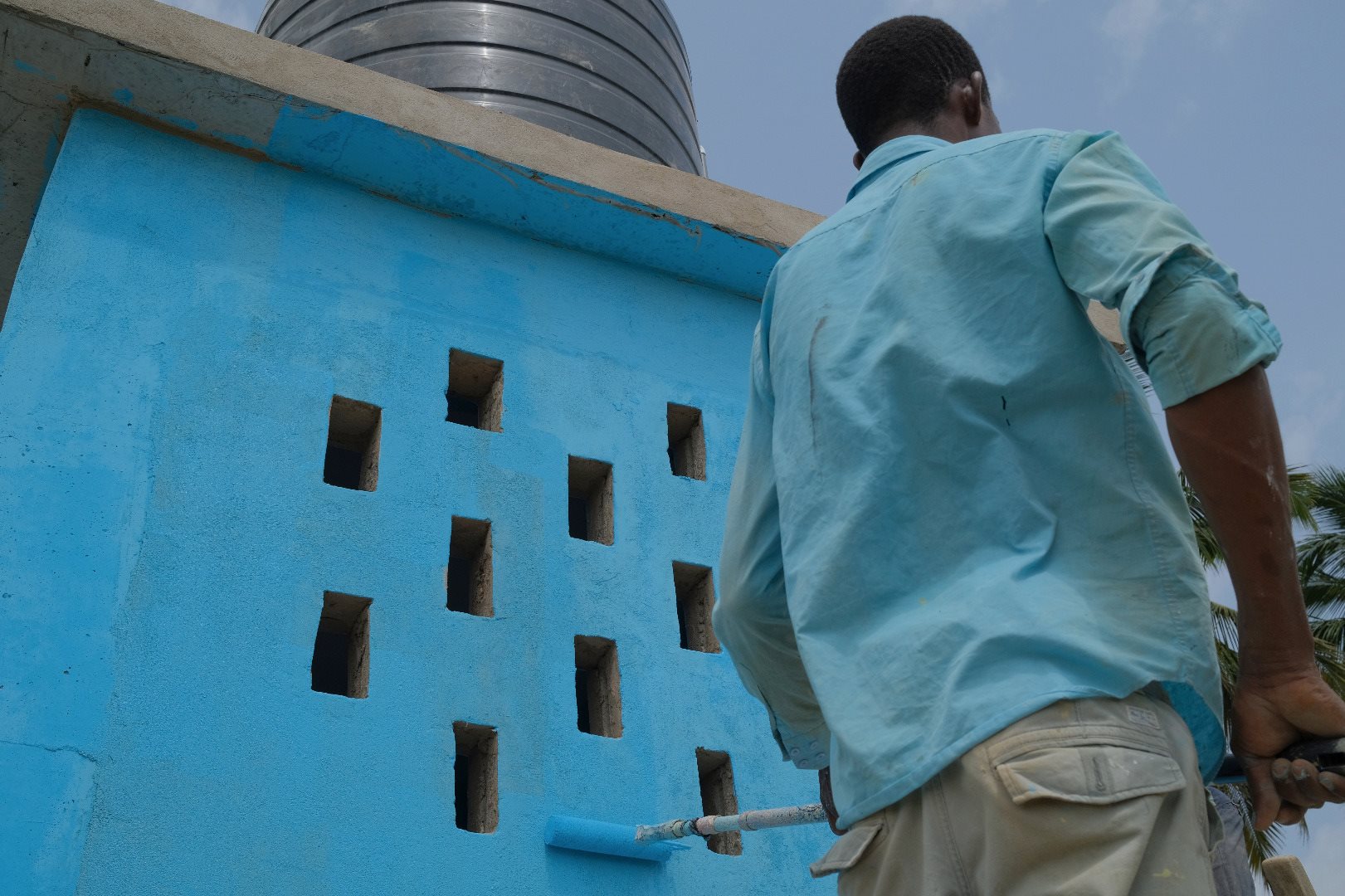
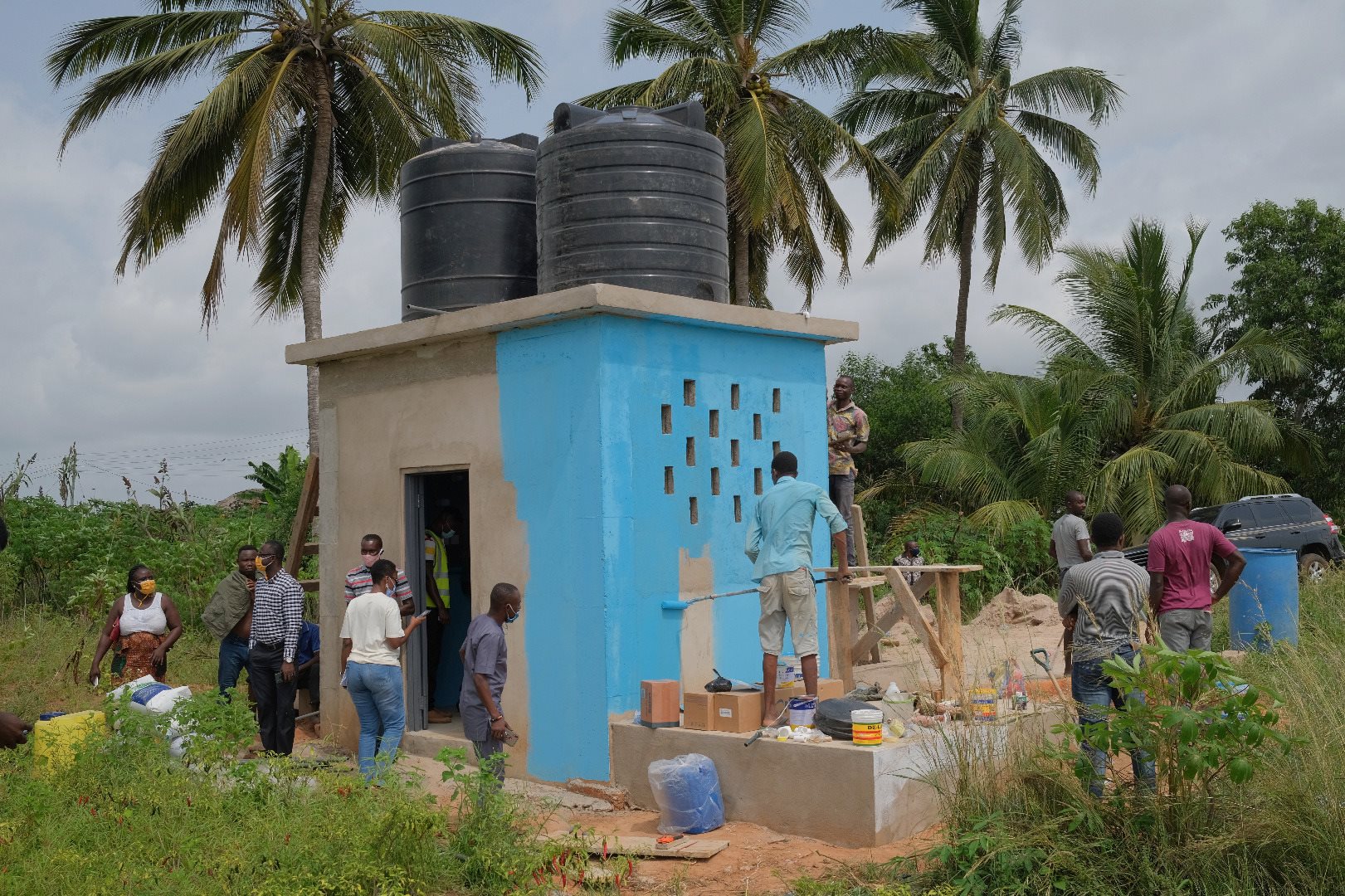 LoCAL Water Investment in Ada East ©UNCDF/LoCALPhoto Edinam Amewode 2020
LoCAL Water Investment in Ada East ©UNCDF/LoCALPhoto Edinam Amewode 2020